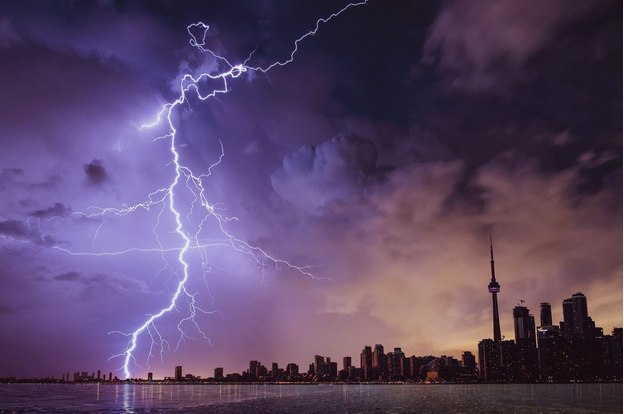10 Ways Climate Change Affects Small Businesses: How to Prepare for the Future
Global climate change is a reality. It's happening all around us, and it's affecting small businesses more than we might think. The good news is that there are steps business owners can take to prepare for the future. In this blog post, we'll discuss ten ways climate change affects small businesses, and we'll offer tips on how to get ready for whatever comes our way.
Increase in Extreme Weather Patterns
We're seeing more extreme weather patterns. This means that we can expect more droughts, floods, and wildfires in the future. These natural disasters can have a devastating impact on small businesses. Many business owners are already struggling to recover from recent hurricanes, typhoons, and other severe weather events.
Decreased Consumer Confidence
There's a lot of uncertainty about the future. As the effects of climate change become more evident, many people are feeling anxious about what the future holds. This uncertainty can lead to decreased consumer confidence, which can hurt sales for small businesses.
Supply Chains are Being Disrupted
Extreme weather events can disrupt transportation networks and damage infrastructure. This can make it difficult or even impossible for businesses to get the supplies they need.
Costs are Rising
As the effects of climate change become more severe, businesses will have to spend more money on things like repairs and replacement equipment. They may also have to pay higher prices for materials that are in short supply.
Employees are Being Affected
Extreme weather can make it difficult for employees to get to work, and it can also lead to health problems. Businesses may also have to deal with increased absences as employees take time off to care for sick family members or deal with property damage from natural disasters.
Many Small Businesses don't Have Contingency Plans
A lot of business owners haven't given much thought to how they would cope if their business was affected by a natural disaster. This is a big mistake because being prepared can make all the difference in whether a business survives or goes under.
Misinformation
There's a lot of misinformation out there. With so much uncertainty about the future, it's no wonder that there's a lot of misinformation circulating about climate change and its effects. This can make it difficult for businesses to know what steps to take to prepare for the future.
Public Awareness
The public is becoming more aware of the issue. As the effects of climate change become more evident, more people are becoming concerned about the issue. This increased awareness can lead to changes in consumer behavior, which can impact small businesses.
Governments are Starting to Take Action
In response to the growing threat of climate change, many governments are starting to enact policies to reduce greenhouse gas emissions. These policies can have a direct impact on businesses, for better or for worse.
There's No One-size-fits-all Solution
Preparing for the future requires businesses to assess their own risks and vulnerabilities. There is no one-size-fits-all solution because every business is different and will be affected by climate change in different ways.
Preparing for the Future
These are just a few of the ways that climate change is affecting small businesses. As we've seen, the effects of climate change are far-reaching and can have a major impact on a business's bottom line. But there are steps that businesses can take to prepare for the future.
Assessing Risks and Developing a Plan
By taking some time to assess the risks and vulnerabilities, businesses can develop a plan to mitigate the effects of climate change.
Use Available Resources
There are several resources available to help businesses prepare for the future. The Small Business Administration has a website devoted to disaster preparedness, and many private companies offer consulting services.
Invest in Green Tech
Businesses should also consider investing in green technologies, which can help them save money and reduce their environmental impact. For example, solar panels can provide a source of renewable energy, and energy-efficient appliances can help reduce overall energy consumption.
Automation and Streamlining Operations
Automation and streamlining your operations can also help reduce your carbon footprint. For example, using OnPay Solutions as you invoice through payment AP software to get paid faster can help you save time and energy while also being eco-friendly.
Stay Informed
Finally, it's important to stay informed about the latest developments in climate change science and policy. By staying up-to-date on the issue, businesses will be better prepared to deal with the challenges of the future.
###



